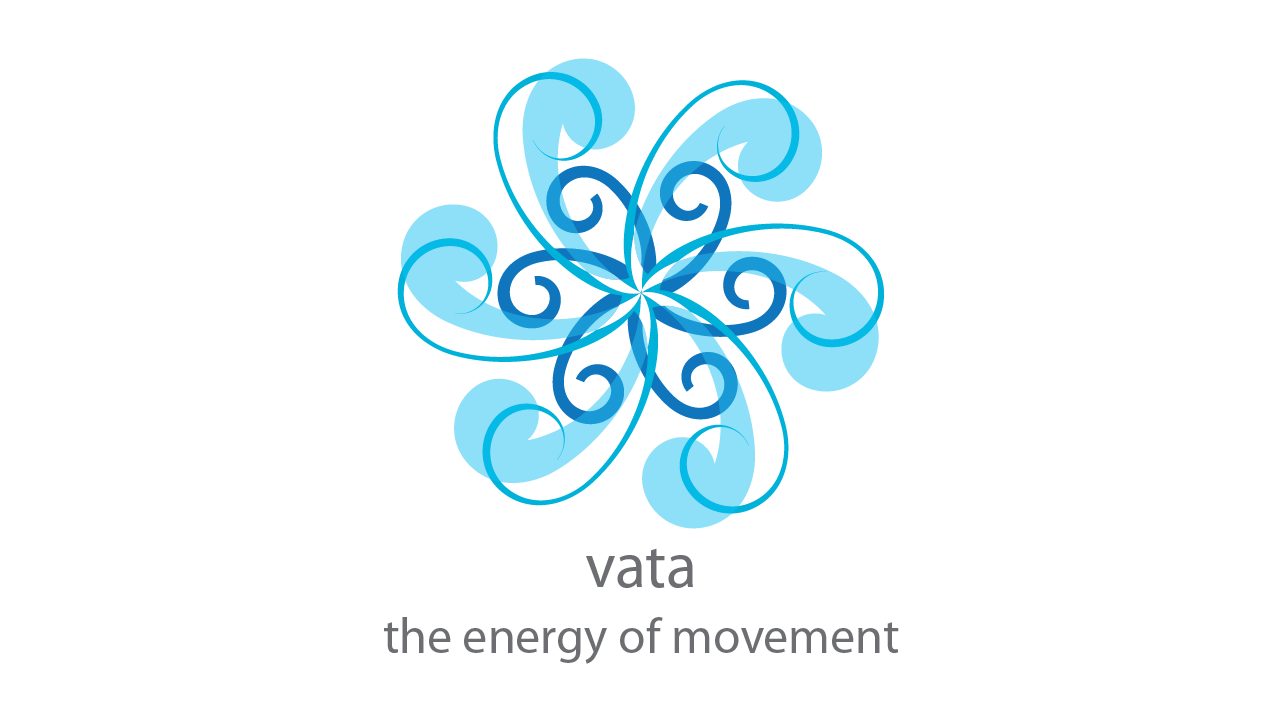In the intricate tapestry of Ayurveda, the concept of Vata embodies the subtle interplay of air and ether, representing movement, transportation, and the essence of change. As the master of movement within the body, Vata governs various physiological functions, including circulation, respiration, and the flow of communication between cells and tissues.
Comprised of the cold, light, dry, and mobile qualities, Vata is inherently dynamic and adaptable, manifesting as the force responsible for creativity, enthusiasm, and flexibility when balanced. However, an excess or imbalance of Vata can lead to a myriad of physical and emotional imbalances.
The seat of Vata is said to reside in the lower portion of the body, including the lower abdomen, pelvis, ears, bones, and colon. When in harmony, Vata promotes a sense of vitality, creativity, and inspiration. However, when aggravated, it can manifest as restlessness, anxiety, dryness, and irregularity.
Understanding the qualities that aggravate or pacify Vata is crucial for maintaining balance and harmony within the body and mind. Ayurveda suggests incorporating sour and salty tastes into the diet to pacify Vata, while reducing pungent, bitter, and astringent foods that can exacerbate its qualities.
Signs of aggravated Vata include lack of enthusiasm, reduced speech, weakness leading to falls or injuries, rigidity, and feelings of fullness, especially in the bowels. To alleviate these symptoms and restore balance, Ayurveda offers a range of practices and remedies.
Abhyanga, the practice of self-massage with warm, nourishing oils, and Swedana, a therapeutic steam therapy, are recommended to calm Vata and promote relaxation. Additionally, Virechana (therapeutic purgation) and Vasti (medicated enema) may be prescribed to detoxify and rebalance the body.
In terms of diet, favoring unctuous, hot, and fresh foods, along with warming herbs and spices, can help pacify aggravated Vata. Avoiding excess stimulation and creating a consistent daily routine are also essential for grounding Vata’s airy nature and promoting stability.
Ultimately, harmonizing the winds of change within our bodies is key to cultivating optimal health and well-being. By honoring the wisdom of Ayurveda and nurturing a harmonious relationship with Vata, we can navigate life’s transitions with grace, resilience, and inner balance.
